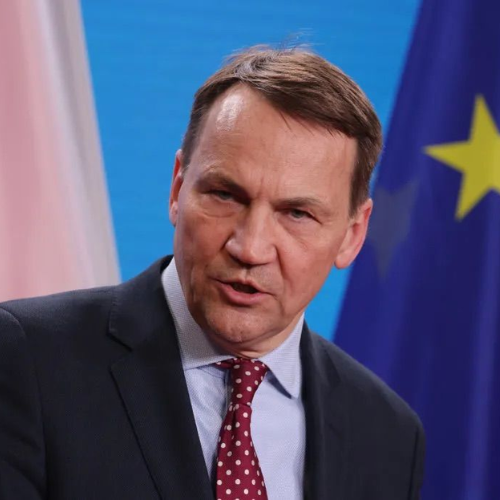The European Union (EU) has been placing sanctions on Russia since the beginning of the full-scale war in Ukraine. These sanctions are meant to pressure Russia into stopping its attacks. However, the EU can only continue these sanctions if every country in the group agrees.
On Dec. 19, Hungary unexpectedly blocked the extension of these sanctions. This was a shock to many European leaders because Hungary had previously supported the sanctions, even if it did so reluctantly. Hungarian Prime Minister Viktor Orban, who has a close relationship with Russia, refused to approve the extension and said he would not change his decision until President Donald Trump took office.
This move by Hungary caused frustration among other EU countries. They feared that lifting sanctions could weaken their stance against Russia and hurt Ukraine’s ability to defend itself. For weeks, EU leaders tried to convince Hungary to change its mind. Then, on Jan. 27, Hungary suddenly dropped its veto, allowing the sanctions to continue for another six months.
Belgian King to Step In if Hungary Prevents EU Sanctions on Russia
Trump’s Influence on Hungary’s Decision
Polish Foreign Minister Radoslaw Sikorski believes that President Donald Trump played a big role in Hungary’s decision to unblock the sanctions. Trump, who has a strong relationship with Hungary’s leader, made bold statements about the war soon after taking office for his second term.
During his first week back in the White House, Trump made it clear that he was willing to take harsh steps against Russia. He warned that if Russian President Vladimir Putin did not agree to peace talks, the U.S. would impose tough sanctions and high tariffs on Russian goods. Trump’s message was simple: Russia could either negotiate or face severe economic consequences.
Trump’s Bold 25% Tariffs on Canada and Mexico, Oil Exemption Still Uncertain
Sikorski suggested that this warning may have influenced Hungary. Orban, who has been one of Russia’s closest allies in the EU, might have realized that continuing to block the sanctions would no longer be in his best interest. If the U.S. was going to increase pressure on Russia, Hungary’s position in the EU would become difficult to maintain.
Although Orban did not publicly say that Trump’s threats changed his mind, the timing of Hungary’s reversal suggests that external pressure played a role. Sikorski pointed out that Hungary’s sudden approval of the sanctions happened shortly after Trump’s strong statements against Russia.
Hungary’s Demands and the Final Agreement
While Trump’s influence might have played a role, Hungary also had other reasons for its decision. One of Hungary’s major concerns was energy security. Before lifting the veto, Hungary wanted assurances that its access to Russian gas would not be affected. Hungary had demanded that Ukraine resume the transit of Russian gas through its territory, ensuring a steady energy supply for Hungary.
Hungary’s Orbán Warns of EU Economic Collapse Over Sanctions on Russia
Ahead of the vote, Hungarian Foreign Minister Peter Szijjarto stated that Brussels had given Hungary the “requested guarantees” regarding energy security. This agreement likely played a part in Hungary’s decision to lift the block on the sanctions.
Orban has a history of resisting EU measures against Russia. He has often delayed decisions on sanctions and military aid to Ukraine, arguing that Hungary’s economy and energy needs should come first. However, this time, Hungary backed down—possibly because of a combination of pressure from the U.S. and assurances from the EU.
The EU’s decision to extend sanctions for another six months was seen as a major relief by Ukraine and its allies. With Hungary no longer blocking the extension, the EU continues to stand united against Russia’s actions in Ukraine.


